In August 2010, ShoreBank, the nation’s first, largest, and leading community bank, was shut down by regulators. It was a major blow to the social enterprise sector.
For almost forty years, ShoreBank made more than $4 billion in mission investments and financed more than 59,000 units of affordable housing. It spearheaded the national movement of community development financial institutions, played a significant role in federal policy around community investment, and was the role model f or dozens of smaller progressive banks in the US and abroad.
And yet it failed. Why? And what can we learn from that failure?
ShoreBank’s demise is dissected in exhaustive detail in a Fall 2011 article in the Stanford Social Innovation Review, “Too Good to Fail,” written by James E. Post and Fiona S. Wilson. It’s available online at http://bit.ly/mTDzyE.
Did they fail because of plain old bad luck? Certainly the Great Recession was a factor, which hit lenders to low and moderate income people with unexpected severity. But was there more? Politics also played a role, in that some of the “toxic politics” of Washington DC may have led to a rejection of ShoreBank’s application for additional capital from the Treasury Department.
And there may be some practical lessons here for the rest of us as well. Post and Wilson write that: “A social mission should serve as a powerful incentive to strengthen an organization’s operating systems from the harsh consequences of the economy, competition, or a hostile environment.” In a word, it may have gone too far on the risk curve, by overly concentrating its loans to low and moderate income people and businesses.
The authors’ note: “The lesson here is clear: For market-based social ventures, mission should be highly integrated with and responsive to the changing realities of the market.” That said, ShoreBank was often held up as an example of a mission organization closely in tune with the marketplace. Here’s how they conclude their article:
“Taken together, ShoreBank provides an important lesson about value creation that is social in nature. The world needs radical, more effective, scalable approaches to address social problems. These will come only from those who are willing to operate in uncharted territory. Innovative organizations like ShoreBank, which harness the capitalist system to produce positive social outcomes, continue to offer promise for the future.
ShoreBank was never perfect, but it was too good to fail.”
We agree.
- Copyright © 2011 Rolfe Larson Associates – 15th Anniversary!
- Author Venture Forth! Endorsed by Paul Newman of Newman’s Own
- Read my weekly blogs on Social Enterprise and Business Planning



The most telling paragraph in your blog: “For almost forty years, ShoreBank made more than $4 billion in mission investments and financed more than 59,000 units of affordable housing. It spearheaded the national movement of community development financial institutions, played a significant role in federal policy around community investment, and was the role model for dozens of smaller progressive banks in the US and abroad.”
ShoreBank came and went, for whatever reasons. But so have legions of once-dominant American corporations whose names are receding into history. It’s the nature of capitalism, and it’s important for people in the social enterprise arena to understand that even the most admirable businesses (social and otherwise) have a natural (and sometimes unnatural) life cycle. ShoreBank didn’t fail — it just reached the end of the line.
But, oh what a journey! Having worked with the folks at ShoreBank as long ago as 1978 and admired them ever since, I can only say, “Well done! Your efforts will echo down the years and continue making a difference once we’ve all been forgotten.”